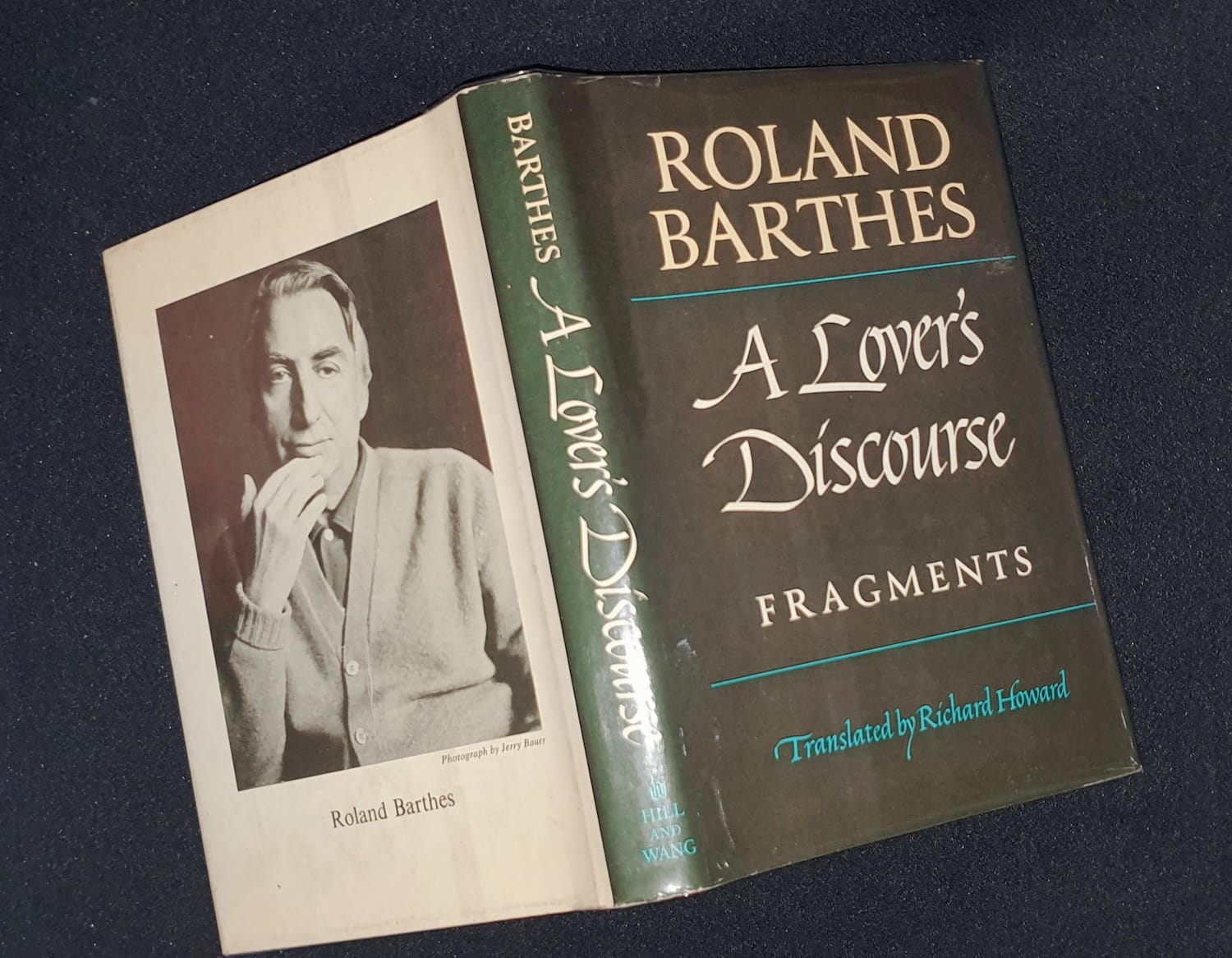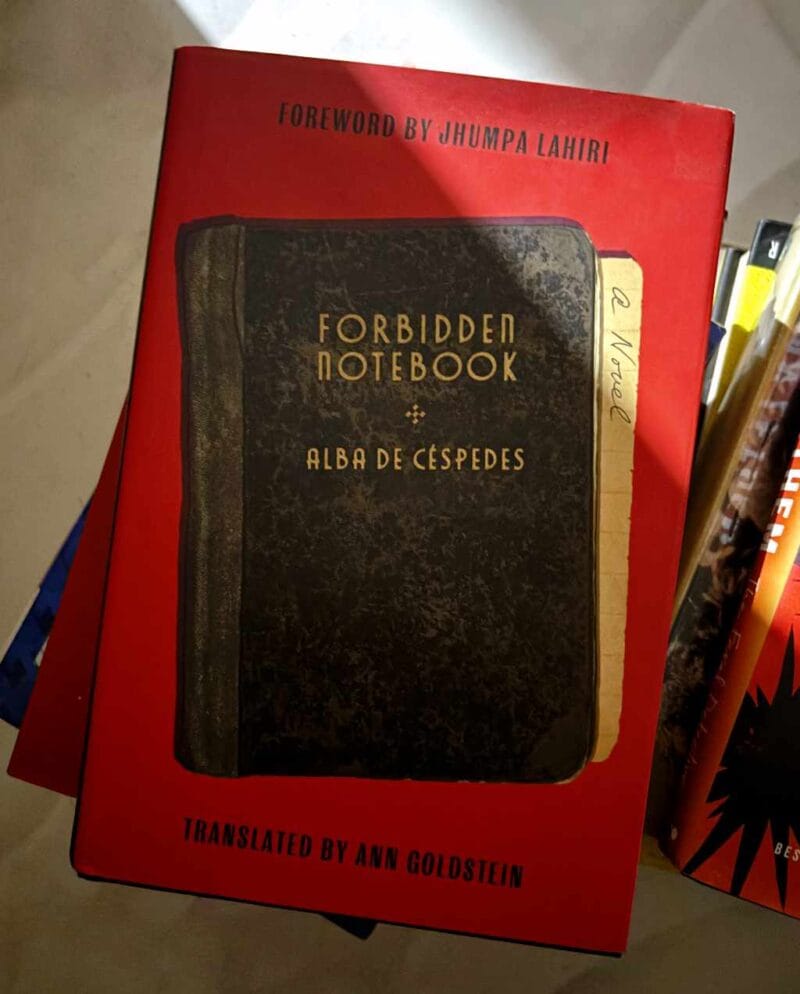A Lover’s Discourse (Fragments d’un discours amoureux, 1977) by Roland Barthes is a meditative nonfiction book that explores the language of love by examining the “outbursts of words” a lover employs to describe his feelings. With a philosophical narrative that sometimes blurs the line between fact and fiction, each of the book’s 80 chapters focuses on a different aspect of love.
When we’re in love, we speak a different language. Barthes believes that we are compelled to cultivate toxic and unempathetic relationships because we lack a vocabulary for discussing love in contemporary culture. He, therefore, aimed to dissect one of the most profound human emotions—falling in love—by deconstructing the lover’s suffering into those fluctuating moods and feelings they experience when in love.
Barthes used the methods of structuralism for the first time in writing this book. In a series of short essays, he dissects the complexities of romantic love from every angle. He explains by “fragments” the lover’s point of view through concepts about love derived from literature and his own philosophical thoughts. Each brief fragment of the first-person narrative explores one concept or insight that may inspire a romantic dream.
This book is a must-read for anyone who has ever been in love, or even for those who believe they are immune to the power of love. Both those who’ve been infatuated and those who haven’t will find reading this book enjoyable and understandable. However, due to its sometimes difficult literary allusions and its stream-of-consciousness style, there can be a little mistake about its overall efficacy. Despite its relatively low word count, the book is dense and its content quite challenging, which makes reading it both hard and illuminating.
Selected Passage with Analysis
“Am I in love? —Yes, since I’m waiting.” The other never waits. Sometimes I want to play the part of the one who doesn’t wait; I try to busy myself elsewhere, to arrive late; but I always lose at this game: whatever I do, I find myself there, with nothing to do, punctual, even ahead of time. The lover’s fatal identity is precisely: I am the one who waits.
Pages 39-40, A Lover’s Discourse by Roland Barthes
In A Lover’s Discourse, Roland Barthes frames waiting as the defining condition of love, intertwining themes of time, power, and identity. Waiting becomes a symbol of emotional vulnerability and dependence, marking the lover’s subordination to the beloved, who "never waits." This asymmetry reflects the inherent imbalance in love's power dynamics: the lover is ensnared by anticipation, while the beloved occupies a position of autonomy and control, indifferent to time’s oppressive weight.
The passage captures the existential essence of the lover’s identity. The declaration, “I am the one who waits,” suggests that love is not merely an emotion but a state of being where time itself is distorted. The lover is imprisoned in a liminal space, perpetually caught between hope and despair, yearning for validation that may never come.
Barthes also explores the futility of resisting this identity. The lover’s attempts to feign indifference — arriving late or diverting attention — only reinforce their fixation. This cyclical tension evokes existential questions about agency and the self: Is the lover condemned to this endless waiting, or does this act of waiting define the authenticity of love? Ultimately, Barthes portrays waiting as a poignant metaphor for love’s inescapable ache and its profound capacity to reshape the lover’s psyche.
Further Reading
“A Lover’s Discourse” Roland Barthes by Murr, The Lectern
Seven Notes on A Lover’s Discourse While Halfway Through the Book by Peter M. Ball, petermball.com
Roland Barthes: Love as a Language by The Artifice
A Valentine by The Eaves




